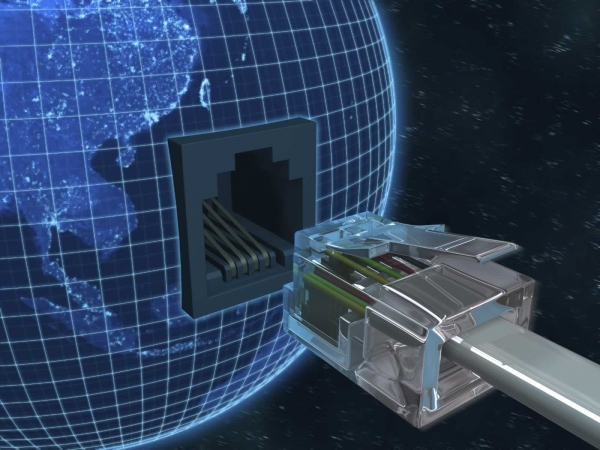, broadcast and internet technologies. ETSI is recognized by the European Commission as a European Standards Organization. The high quality of the work and an open approach to standardization has helped ETSI to evolve into a European roots - global branches operation with a solid reputation for technical excellence.
ETSI is a not-for-profit organization with almost 700 ETSI member organizations drawn from 60 countries world-wide. In this section you will find a more detailed description of ETSI, information on how it functions, how it is structured, and its role in promoting standardization in our modern world.
ETSI unites:
-
Manufacturers
-
Network operators
-
National Administrations
-
Service providers
-
Research bodies
-
User groups
-
Consultancies
2. ETSI Strategic Areas
Strategic areas of ETSI include:
-
Global Standards Producer - 'to provide standards for telecommunications and electronic communications networks & related services for the global market place through the production of ETSI deliverables, Technical Specifications and Reports for global application whilst favouring international collaboration'
-
European Standards Organization (ESO) - 'to provide ICT standards for the European market place including production of ETSI European Standards in support of EU and EFTA regulation and initiatives and perform its work in cooperation with the other ESOs and other European bodies'.
-
Service Providing Organization - 'to provide services in the area of Interoperability testing, Fora hosting and development of protocol and testing specifications in support of ETSI members and other organizations producing ICT standards for the global market place'
ETSI Role in Europe
ETSI is the recognized regional standards body dealing with telecommunications, broadcasting and other electronic communications networks and services. ETSI produces standards and specifications supporting EU and EFTA policy issues such as the New Approach, other EU legislation (e.g. Electronic Fee Collection, the interoperability regulation under the Single European Sky (SES) initiative, the Electronic Communication Network and Services Framework Directives), mandated activity and other EU initiatives (e.g. eEurope and i2010).
ETSI's most significant technical success to date has been GSMTM, Global System for Mobile Communications. Introduced as a digital cellular technology to replace a plethora of incompatible analogue systems in Europe, GSM has become a global success, serving over two billion users in more that 200 countries world-wide. This has been the base for the 3rd Generation of mobile which has been developed by ETSI in partnership with other regions under the umbrella of the 3rd Generation Partnership Project (3GPPTM). But ETSI has had many other technical successes, all helping to stimulate the telecommunications and broadcast markets in Europe and beyond, including TETRA, the SIM card, xDSL, DVB and DAB, DECTTM, EuroISDN, etc.
ETSI works in close co-operation with the other 2 recognized European Standardization Organizations, namely CEN and CENELEC in order to co-ordinate activities.
National Standards Organizations
In the elaboration, approval and implementation of European Standards (ETSI ENs), ETSI is assisted by 38 National Standards Organizations (NSOs) in 36 European countries. These NSOs have the exclusive responsibility for the following:
-
standstill, which is the obligation not to undertake any national standardization activity which could prejudice the preparation of an EN and not to publish a new or revised version of the standard
-
organization of national Public Enquiries in its country and sending the consolidated comments received to ETSI
-
establishing the national position for the vote
-
requirements for transposition into national standards
-
withdrawal of any conflicting national standards
CYS participates on an equitable basis together with all the other European national organizations for standardization in the procedures of developing public enquiries, final approval and adoption of European Standards.
In order to maximize its effectiveness in the field of European standardization, CYS has set up 13 Technical (Mirror Committees). These Mirror Committees are comprised of representatives of the interested bodies from every sector of economic activity of the country as well as technical experts. The role of these committees is to monitor standardisation at European level and to participate in the CEN, CENELEC and ETSI Technical Committees. In a spirit of consensus, the CYS Mirror Technical Committee members decide and determine the national position of Cyprus which is notified to the competent European Technical Committees.
In the framework of its multiple contribution to European standardization, CYS hosts various meetings of European Technical Committees in Cyprus and at the same time encourages the world of trade and industry to participate at such meetings, thus contributing actively to the transfer of know-how in Cyprus. In the field of telecommunications CYS participates in the following Technical Committees
-
ETSI Lawful Interception. (Security)
-
ETSI Users Group.
-
CEN TC 224 Machine Readable Cards and Related Device Interfaces.

